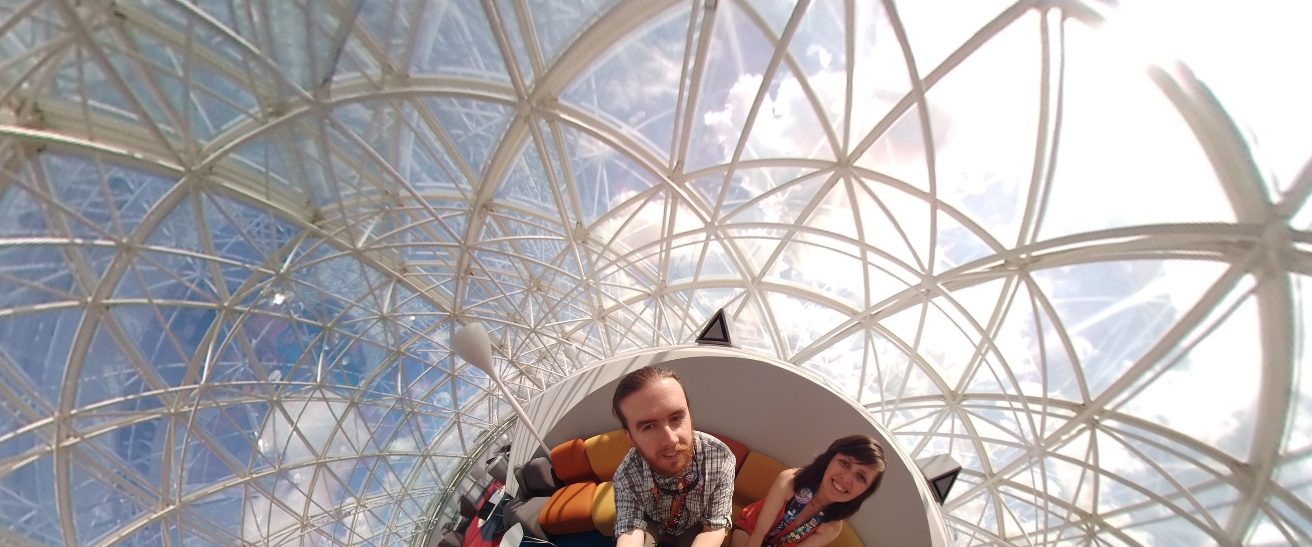The latest episode of Spider Robinson’s podcast (Spider on the Web) is a reading of Theodore Sturgeon’s story “Slow Sculpture”.
I really don’t know what to say about it, so I shall ramble. If I were ever to be half so wise as either of these men I would be happy.
It’s possible that I like it because I can easily identify with the main character . It’s also possible that I like it because it’s a very good story, told by a very good narrator. (And author of his own right.) It won the Hugo and the Nebula both, so that’s saying something!
Go listen. I’ll wait!
While you were listening we watched a show about the life and times of various medieval castes. It’s interesting how much people in those times argued and discussed issues, thought about big things. Minstrels as political rabble-rousers keeping people informed of the news is kind of fun. Interesting how involved the average person was though. This is somewhat relevant actually, so let’s get back to the story!
One of the things I love about this era of SciFi is the way they take the things that are happening (or will happen) and present them in a way that makes you question the world. Good stories should make you think about something and relate what you’ve just learned to your real world. You should be able to identify with the characters, understand the issues facing them, and bring something back to your real world.
How often do you get that on CSI eh?
Earlier today I was listening to some podcasts. The latest episode of Skeptoid and there were some ideas about why TV/Movie entertainment contains so much bad science. I agree with Skeptoid’s Brian Dunning. People just want to be entertained, and the people making the decisions about the entertaining are the ones who choose to allow thoughtless bad-science-filled tripe to become the order of the day. Don’t you think stories like Slow Sculpture are entertaining and interesting? Couldn’t we have stories like that as entertainment? I’m thinking of movies like Watchmen here, movies that actually may have some opportunity to make you think critically and analyze what you’re seeing.
Maybe I’m bitter and cynical, but it seems to me that people have no interest in what Sturgeon termed “Asking the next question”. Spider speaks on this issue often, including his indictment of humanities desire to return to space that you heard in this episode. (I highly recommend some of his other works on the topic. Look back through his podcast feed to the early episodes.) Why is it that people aren’t interested in things like returning to the moon? I would posit that it’s tied to the “just wanting to be entertained” issue. I shall try to write more eloquently on the subject someday.
Do you know that there was a monk (Eilmer of Malmesbury) who built himself wings, 900 years before the next manned flight? He flew 200 yards, and broke both his legs. But he said “It needs a tail!” and wanted to try again. Apparently his abbot forbade it. But he had it right! I find that amazing!
Ask the Next Question!

My beef is that writers always complain about how hard their job is, and it is a hard job, but they are very very lazy. Real science is every bit as entertaining as junk science, and is just a easy to film. The only place it is harder, is in the writing. If you’re writing a script, all you have to do is find a scientist (the internet works pretty good here) and you can get all the free advice you need.